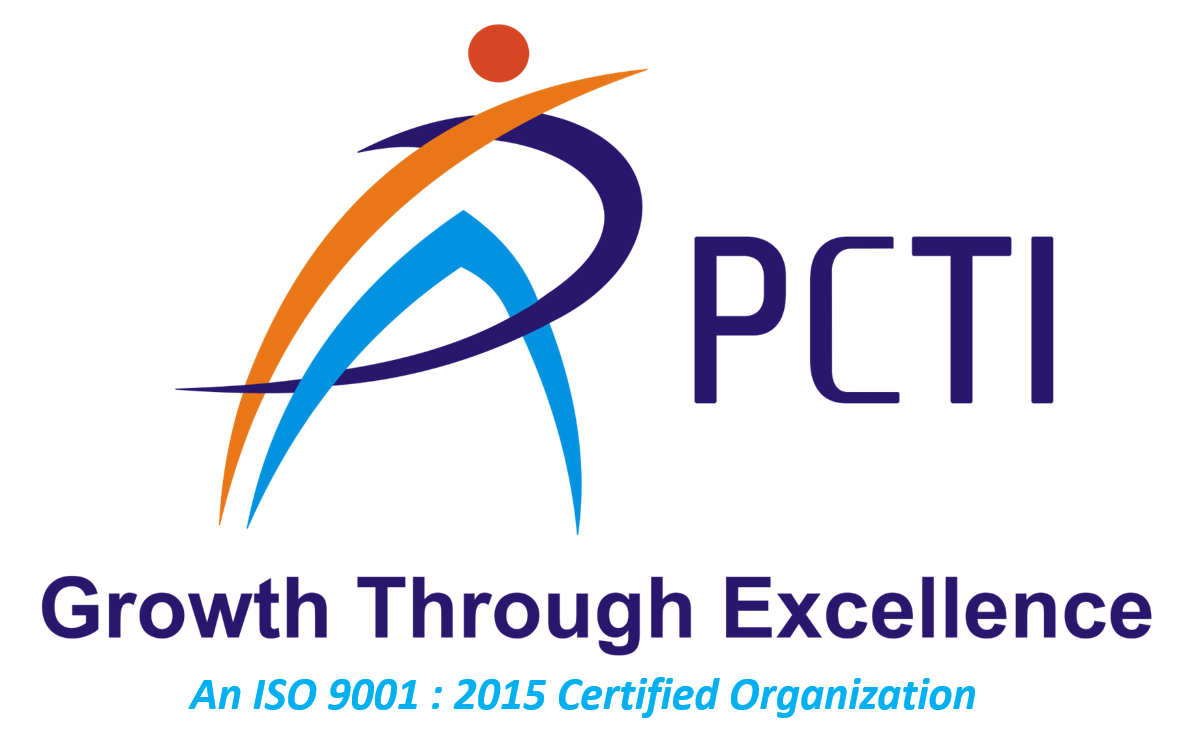Description
Learn most widely used powerful general-purpose C- Language, also known as a system programming language. You will learn data type, operators, functions, arrays, pointers and file handling concepts along with advance concepts. C-language can develop software like operating systems, drivers, databases, kernel, hardware devices drivers, OS drivers, compilers and many more.
Syllabus
- Unit-1: Overview
- Why Use C?
- Text Editor
- Compiler
- Unit-2: Program Structure
- Hello World Example
- Compile and Execute C Program
- Unit-3: Basic Syntax
- Tokens in Semicolons
- Comments
- Identifiers
- Keywords
- Whitespace in C
- Unit-4: Data Types
- Integer Types
- Floating-Point Types
- The void Type
- Unit-5: Variables
- Unit-6: Constants & Literals
- Integer Literals
- Floating-point Literals
- Character Constants
- String Literals
- The const Keyword
- Unit-7: Storage Classes
- The auto Storage Class
- The register Storage Class
- The static Storage Class
- The extern Storage Class
- Unit-8: Operators
- Arithmetic Operators
- Relational Operator
- Logical Operator
- Bitwise Operators
- Assignment Operator
- Size of & ternary
- Unit-9: Decision Making
- If Statement
- If…else Statement
- If...else if...else Statement
- Nested if Statements
- Switch Statement
- Nested switch Statements
- The? : Operator:
- Unit-9: Decision Making
- If Statement
- If…else Statement
- If...else if...else Statement
- Nested if Statements
- Switch Statement
- Nested switch Statements
- The? : Operator:
- Unit-10: Loops
- While Loop
- For Loop
- Do…while Loop
- Nested Loops
- Loop Control Statements
- Break Statement
- Continue Statement
- Go to Statement
- Unit-11: Functions
- Defining a Function
- Function Declarations
- Calling a Function
- Function Argument
- Call by Value
- Call by Reference
- Unit-12: Arrays
- Declaring Arrays
- Initializing Arrays
- One-dimensional Arrays
- Two-dimensional Array
- Initializing Two-Dimensional Arrays
- Passing Arrays to Functions
- Return Array from a Function
- Pointer to an Array
- Unit-13: Pointers
- What are the Pointers?
- How to Use Pointers
- Array of Pointers
- Pointer to Pointer
- Passing Pointers to Functions
- Unit-14: Strings
- Unit-15: Structures
- Defining a Structure
- Accessing Structure Members
- Pointers to Structures
- Unit-16: Unions
- Defining a Union
- Accessing Union Members
- Unit-17: Input & Output
- The Standard Files
- The get char() and put char() Functions
- The gets() and puts() Functions
- The scanf() and printf() Functions
- Unit-18: File
- Opening files
- Closing a file
- Writing a file
- Reading a file
- Preprocessors
- Preprocessors examples
- Predefined macro
- Unit-19: Memory Management
- Allocating Memory Dynamically
- Resizing and Releasing Memory

